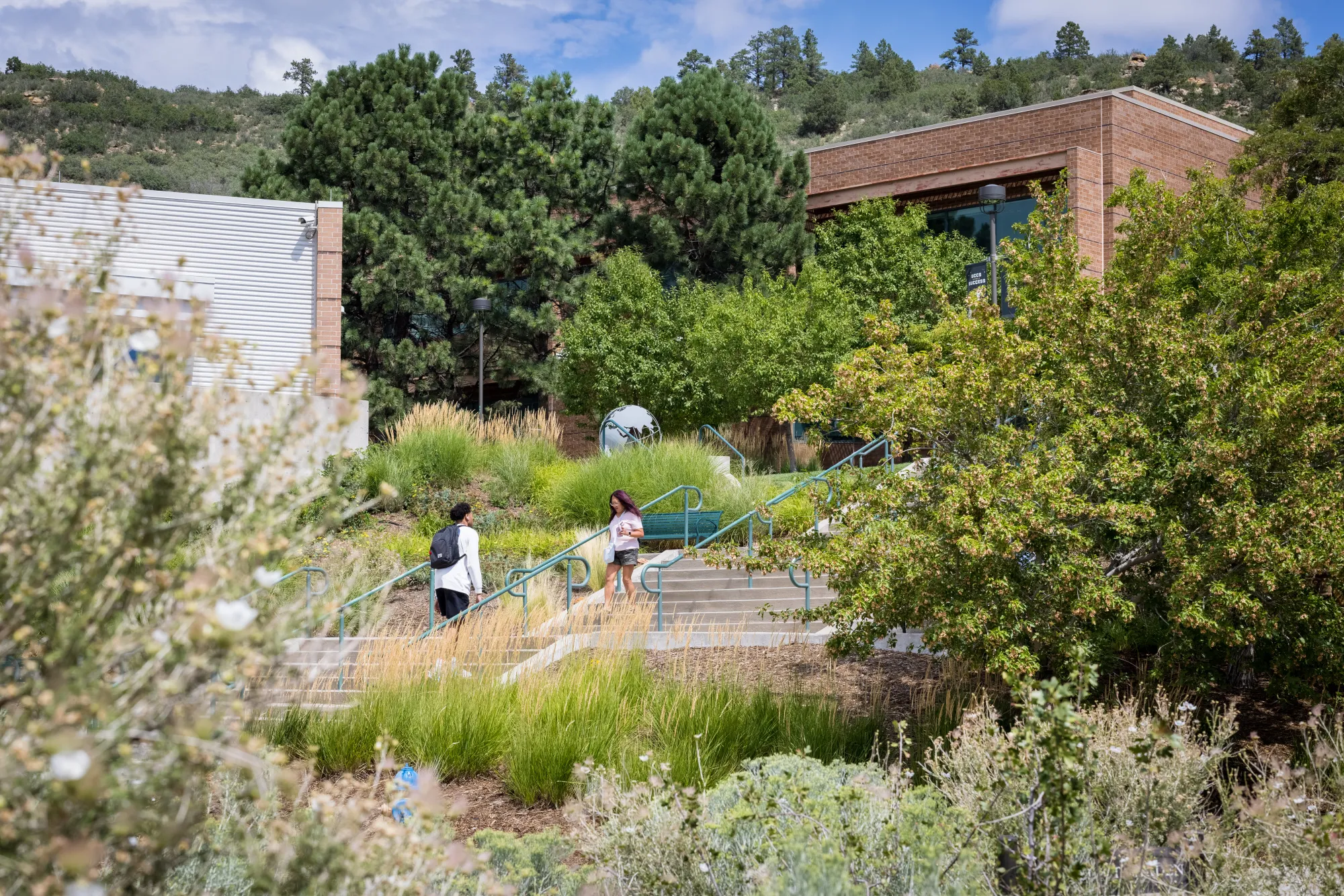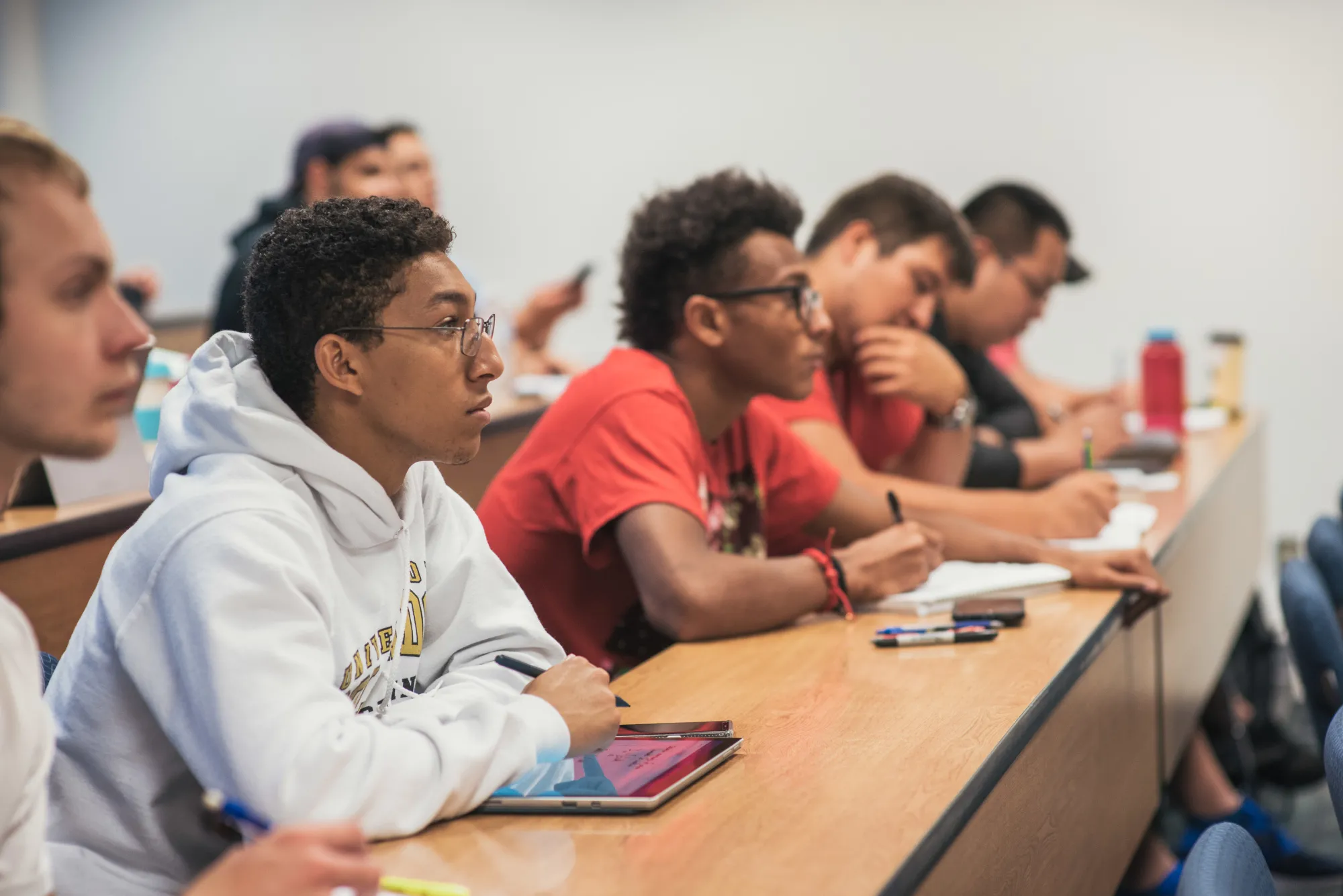
Think 30 Program
About the Think 30 Program

Think 30 is a UCCS initiative to encourage students to work with academic advisors toward developing a graduation plan.
Undergraduate degrees require at least 120 credit hours, which translates into either 30 credit hours per year to graduate in 4 years or 24 credit hours per year to graduate in 5 years.
Studies have shown that students who follow this path do better academically, ultimately take on less student loan debt, and are more likely to graduate.
Track I
Fall 15 Credits
Spring 15 Credits
Track 2
Fall 12 Credits
Spring 12 Credits
Summer 6 Credits
Why Think 30?
Academic Success
Students who take 30 credits each year tend to earn higher GPAs. Read the full report on the national study.
Cost Savings
While taking fewer credit hours each year may lower your annual bill, extending your college career beyond four years costs you more in total tuition, fees, and lost income after graduation. Read the news article for more information.
Step 1: Academic Planning
Meet with your Academic Advisor every semester.
- Create a multi-semester schedule that helps keep you on track.
- Explore additional classes or classes over the summer.
- Discuss your timeline and how to make college work for your needs.
Understand your degree requirements.
- Utilize Advising Guides for an overview of your major and an example plan.
- Regularly review your degree audit to understand the remaining requirements.
- Pay attention to important course sequences in your major.
Connect with faculty in your major.
- Discuss important courses and options in your major.
- Explore opportunities in your major and get involved beyond the classroom.
Step 2: Financial Planning
Connect with Financial Aid to explore and pursue grants, loans, and scholarships to help you pay for college, including summer aid.
- Explore Student Employment and Work Study opportunities on campus.
- Connect with Student Financial Services for questions about your bill and paying for college.
Step 3: Career Planning
Connect with the Career Center early to map out a plan for life after college.
- Explore and participate in research, internships, and study abroad.